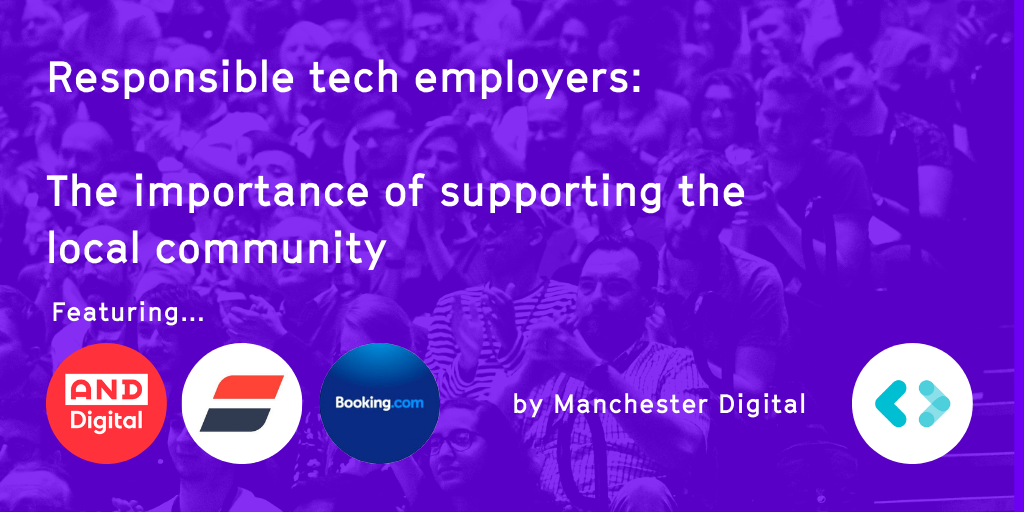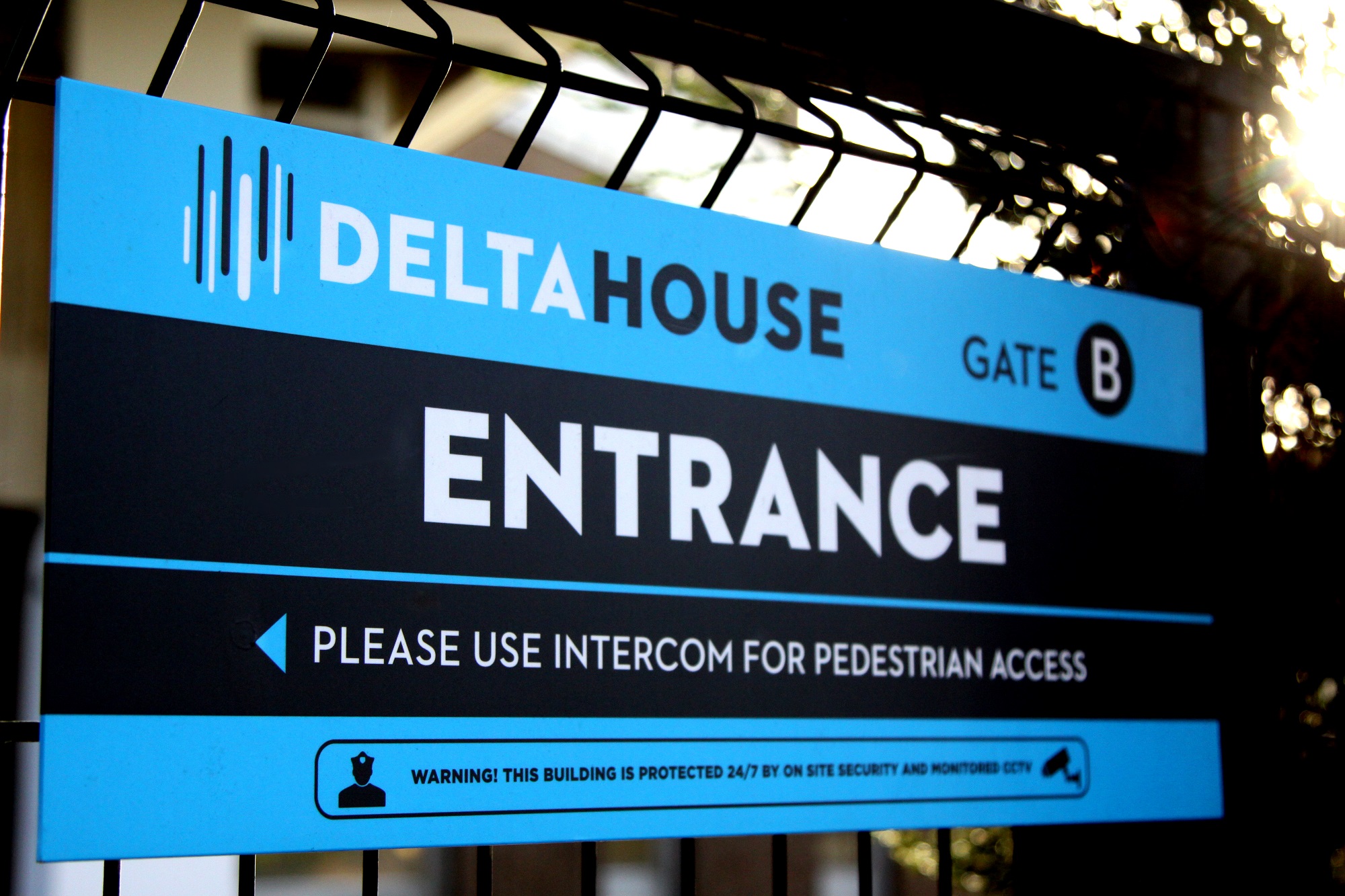
The SailPoint Technologies study released in November reflects on the security pitfalls that stem from remote work. It covers how the transition to remote work amid lockdown has opened a cybersecurity pandora’s box with security and compliance gaps surfacing, paving the way for potential data breaches.
Are you using your personal devices for work?
Whilst we can all now better work-from-anywhere the reality shows that we all are wearing more than one hat throughout the day – as a working professional, parent, caregiver, teacher etc. So we’re invariably sharing devices with our spouses, children and other family members daily.
- 1 in 3 employees stated that they use their computer and smartphone to enable remote work, with 17% using a computer and smartphone owned by their employer.
Targeted phishing emails, calls and texts are on the rise
With every major event or crisis, criminals will look to take advantage of through targeted scams and phishing attacks – one of the largest threats posed to businesses today can be their employees.
- 48% of total UK respondents said they had experienced targeted phishing emails, calls or texts in a personal or professional capacity during the first six months of remote work.
- 7% of total UK respondents said they were targeted by one or more every week.
Employers - Is your team unaware of the risks with their work devices or what a phishing email is? Security awareness training helps your employees become more cyber aware and become a confident line of first defence for your company.
Keep those passwords to yourself!
Even during a pandemic, your employees shouldn’t be sharing passwords with team members (or with family at home). This report found that 24% of people shared work passwords with partners, flatmates, friends or someone else. This also reminds us that we should be regularly be changing our passwords (using a password manager will help make life easier tracking this).
? 44% of respondents have not changed their password in over six months.








